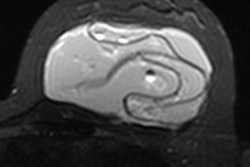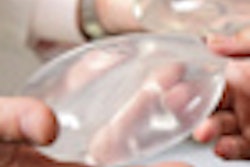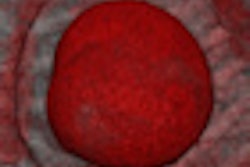An article study published in the Journal of the Royal Society of Medicine disagrees with the conclusion that breast implants made by Poly Implant Prosthèse (PIP) do not show any evidence of significant risk to human health.
The piece follows a June 2012 decision by an investigative panel that downplayed potentially adverse effects of the implants. The panel was appointed to investigate the PIP breast implant scandal and chaired by National Health Service (NHS) Medical Director Sir Bruce Keogh.
Co-author Andre Menache, director of the consumer protection organization Antidote Europe, wrote that the known risks and the fact that most women receiving breast implants were of reproductive age, "We would expect the MHRA (Medicines and Healthcare Products Regulatory Agency) and the Department of Health to fulfill its duty of care and thoroughly investigate these risks as well as provide full information to patients."
The authors also noted that PIP implants were found to contain a higher proportion of a group of small-sized molecules than the norm, including one referred to as D4, which has been identified as an endocrine-disrupting chemical (EDC). In low doses, EDCs are known to cause damage to a developing fetus.
Menache and colleagues also raise concerns about the makeup of the panel, which included only one toxicologist. "A panel appointed to investigate a scandal of this nature is expected to contain more than one toxicologist," Menache added.



















